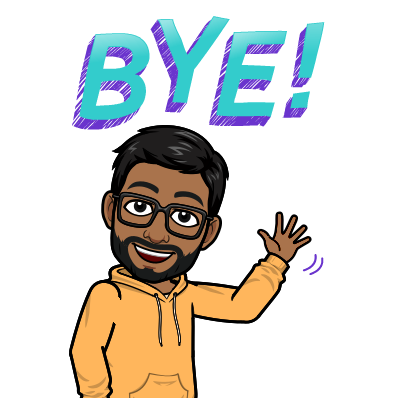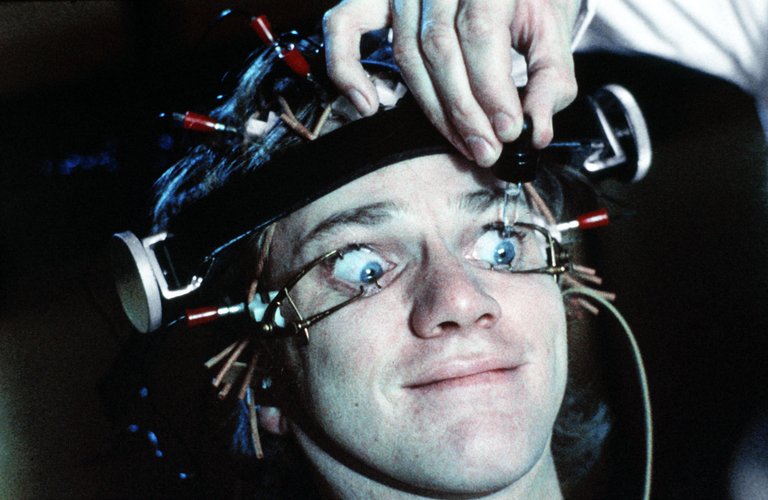"A Clockwork Orange" Are we celebrating violence?
All the screenshots in this post were taken directly from the movie by me.

For some reason this year I've been trying to revisit all those cult films I first encountered as a teenager, in order to see if the passage of time has changed my perception of them.
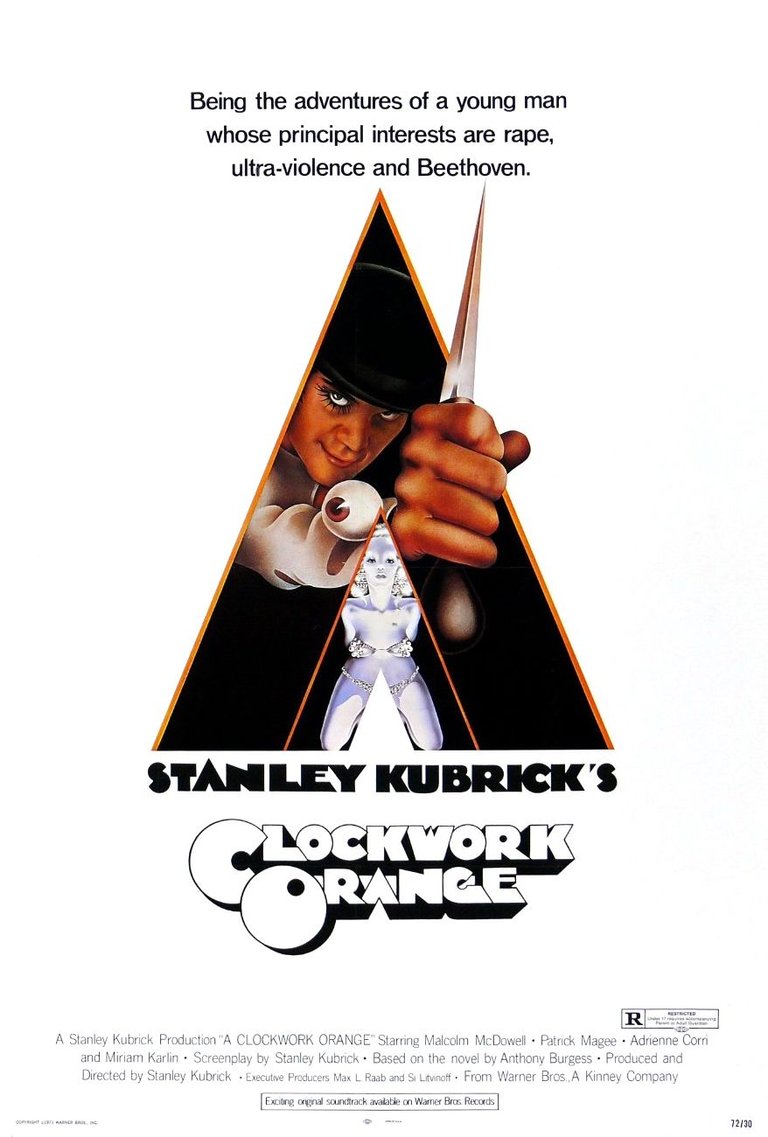
Source
A couple of days ago, for example, I was talking about Reservoir Dogs, the first feature film written and directed by the iconic Quentin Tarantino, a work that I thought would feel rather pedantic, but that ended up winning my heart with its fluid dialogue, good direction, and impeccable pacing.
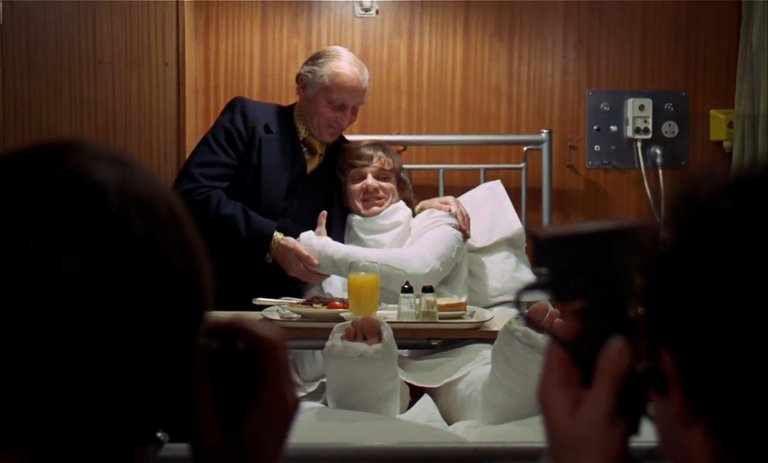
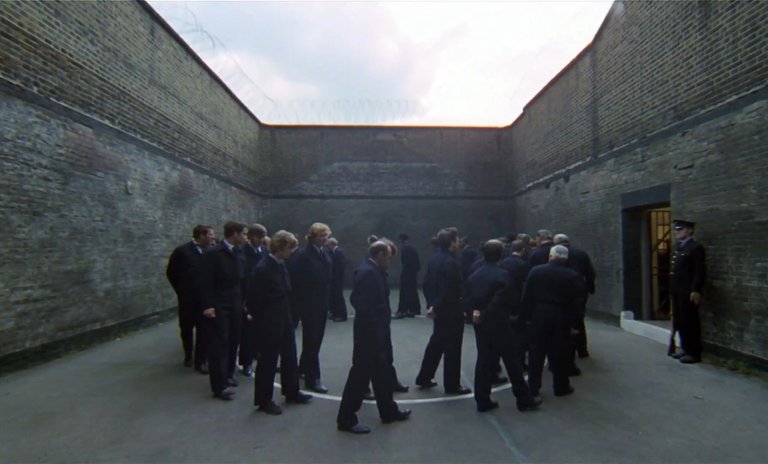
Today I have a slightly more complicated task, since unlike Tarantino's filmography, Stanley Kubrick is usually on a slightly denser side of the spectrum, however, at the same time I feel that this ends up playing in his favor, and allows me to unravel a lot of things that I probably didn't fully understand when I was 14, an age at which by the way no one should be exposed to a film like A Clockwork Orange.
Conceived as a film adaptation of the book of the same name, A Clockwork Orange tells the story of Alex Delarge, a young criminal who exists in a sort of dystopian reality, and spends his days committing atrocities with a group of friends who call themselves "Droogs" (one of the many words that are part of the nadsat slang, a fictional jargon invented by Anthony Burgess, the author of the original novel).
And, although a considerable portion of the footage is dedicated to showing us each of the horrible acts that Alex commits with his friends (which range from robberies and assaults to gang rapes), the excessive display of violence seen on screen is nothing more than a platform to deal with particularly complex issues such as theories of crime, as well as the possibility or not of reintegrating someone who was once a criminal into society.
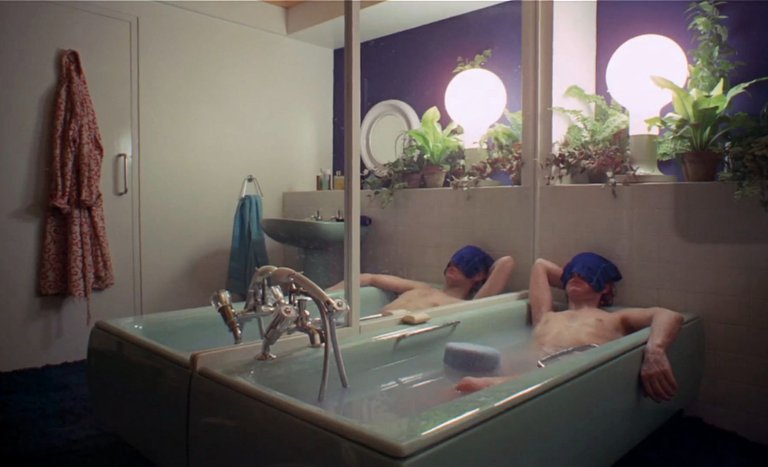
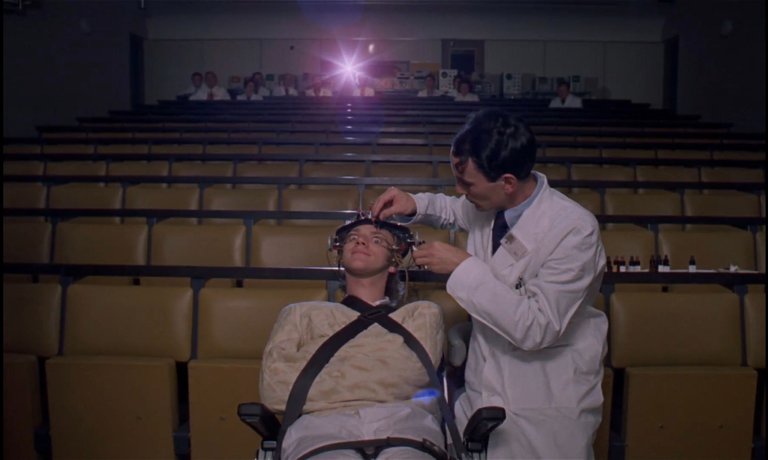
Obviously, Kubrick is a filmmaker with an absurd ability to make every scene a work of art, starting from the framing, the composition of the sets, the musical choices, and even the performance that he manages to get out of all his protagonists. For this reason, we could spend years debating whether we are actually facing a critique of the modern judicial system, or, on the contrary, violence is being celebrated by showing it with such elegance and delicacy.
Personally, I don't have much trouble defending Kubrick, and I feel that even those moments that seek to make us empathize with Alex DeLarge (masterfully played by Malcolm McDowell) are ambiguous enough so that we don't rush to take his side. And to a large extent, this is very well supported by the almost satirical nature of the film, which, with a setting that borders on science fiction, makes everything feel like a nightmare that has internal coherence, but does not lose the ability to disconcert us.
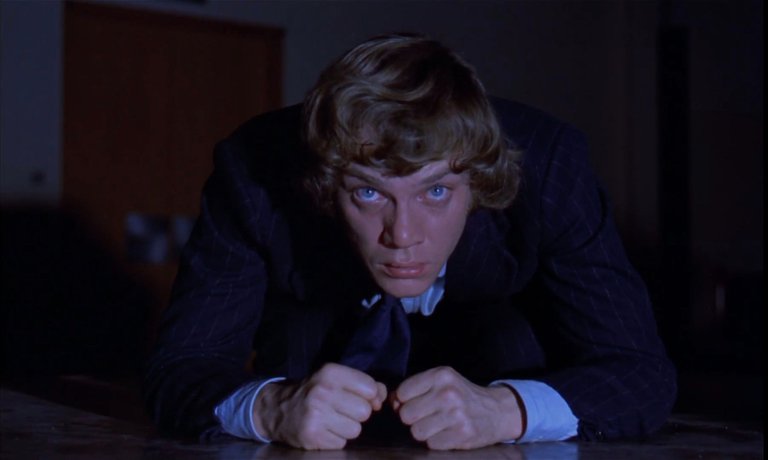
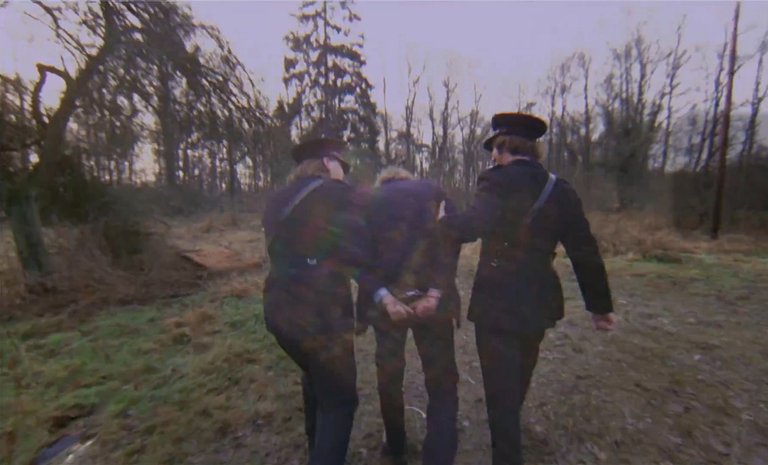
A Clockwork Orange is cinema in every sense of the word, and I don't feel it's necessary to agree with its irreverent ideas to properly enjoy it.
Magnetic and effective.
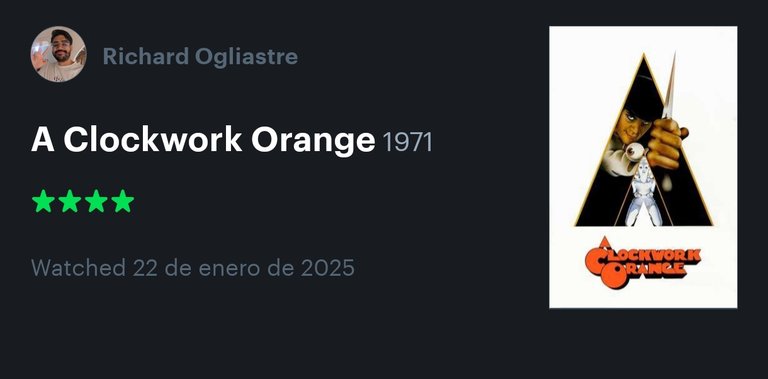
Score taken from my Letterboxd account.

Twitter/Instagram/Letterbox: Alxxssss
